
Bulldozing the renewable energy transition on land
Farmers have every right to feel put upon to satisfy the unrealistic demands of city dwellers divorced from the reality of where the electricity they demand actually comes from.

Farmers have every right to feel put upon to satisfy the unrealistic demands of city dwellers divorced from the reality of where the electricity they demand actually comes from.
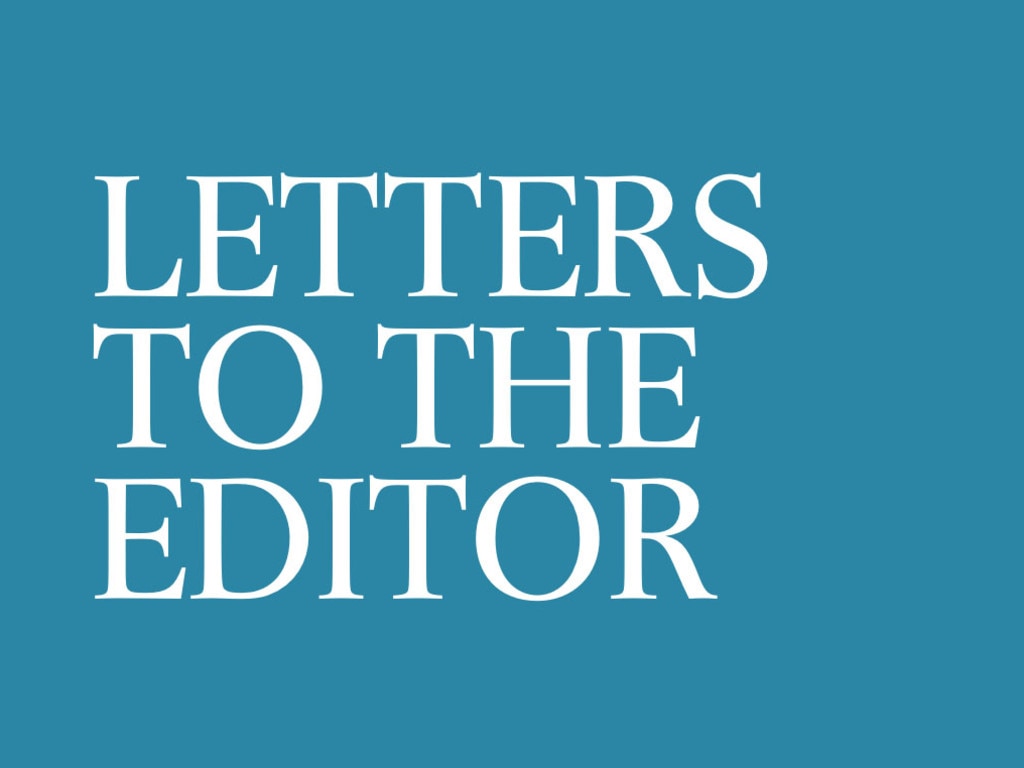
Electricity supply has become a highly political issue, and when politics take centre stage emotions often overshadow rational decision-making.
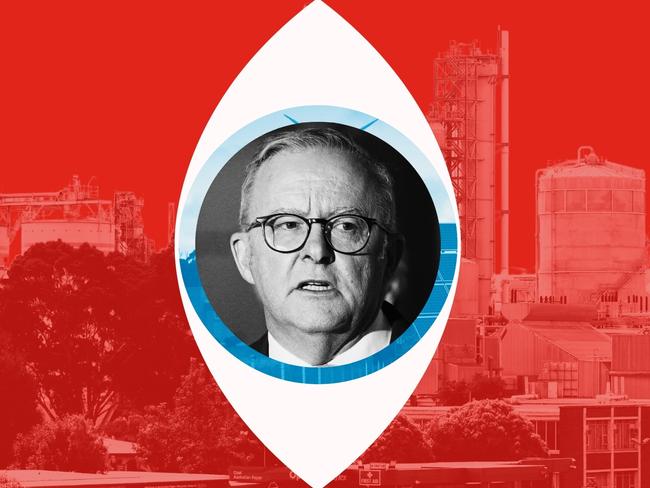
Future Made in Australia plan was never about creating jobs. The primary goal of these Orwellian-named schemes is to misallocate public funds to dubious projects to tackle climate change.
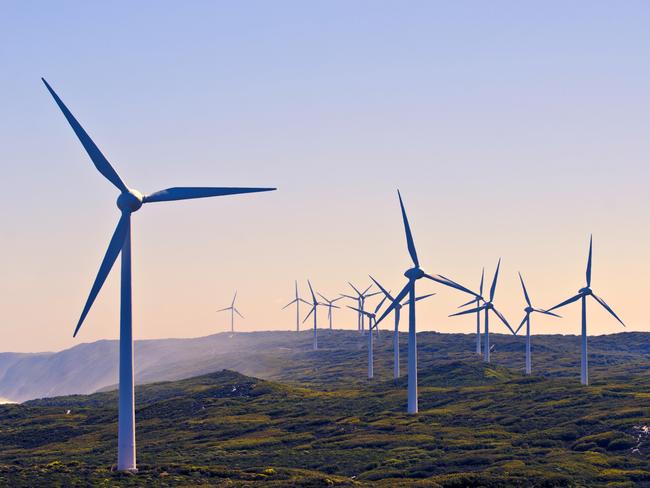
Australia is facing a shortage of nearly 200,000 workers to deliver the nation’s $213bn major infrastructure pipeline, with renewable energy projects set to increase six-fold in just four years.
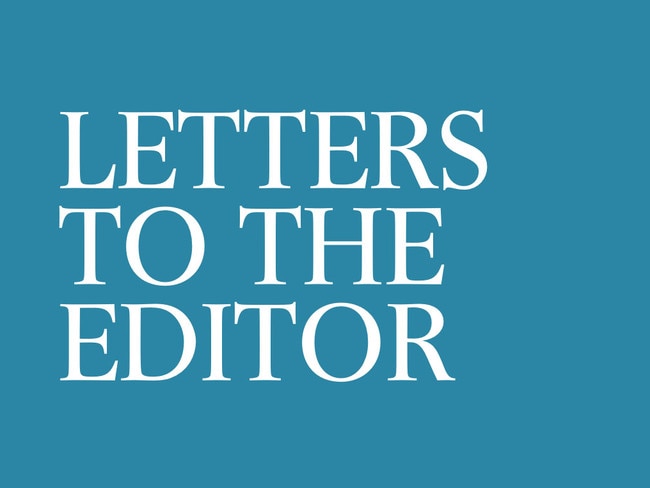
Nuclear power will inevitably be used in Australia but only after considerable damage has been wrought on us from Labor’s obsession with renewable energy.

Economic benefits of infrastructure must outweigh cost to taxpayers.
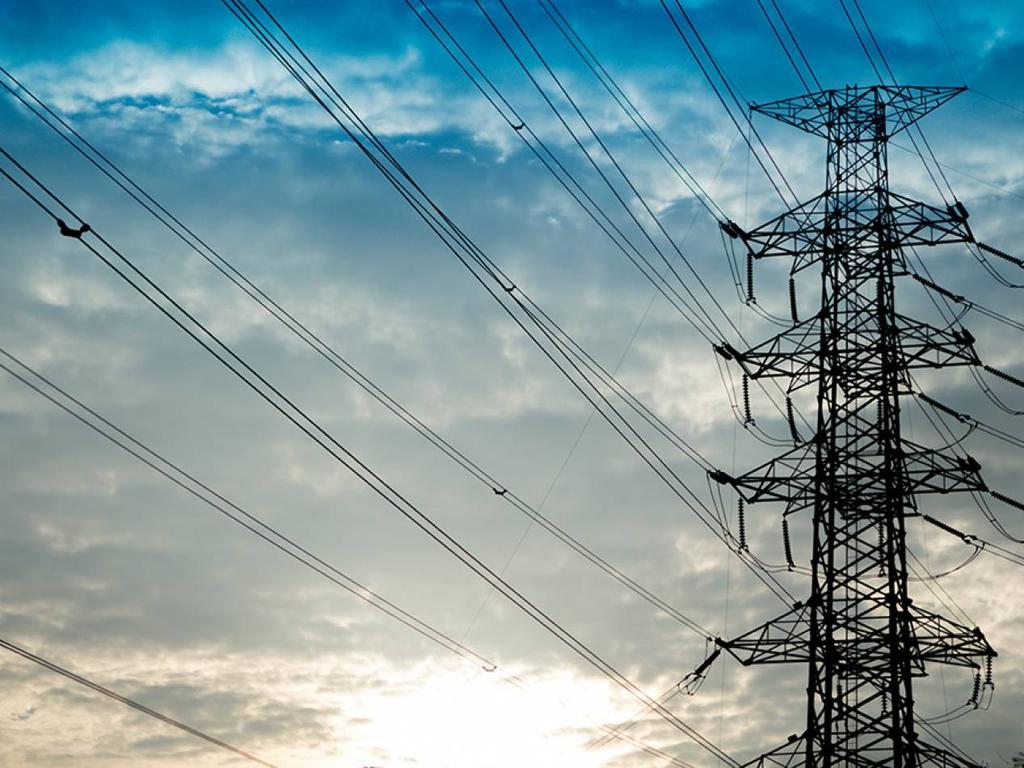
The choice between renewable energy and nuclear power is clear. But how to decide?
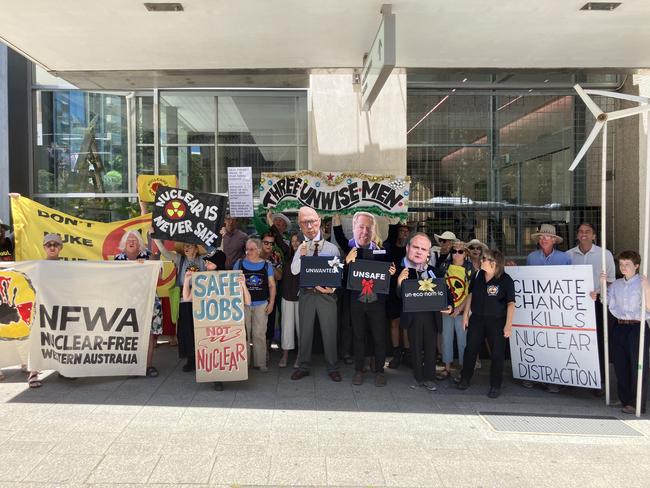
Aside from being left to organisations lacking the appropriate depth, the problem is that discussion to determine our energy system is dominated by a bizarre ideological opposition to the only power source we know for sure can displace fossil fuels.

Bowen expounds on the energy needs of industry but fails to mention the factors that jeopardise their functioning under the renewables plan: reliability and associated predictability.
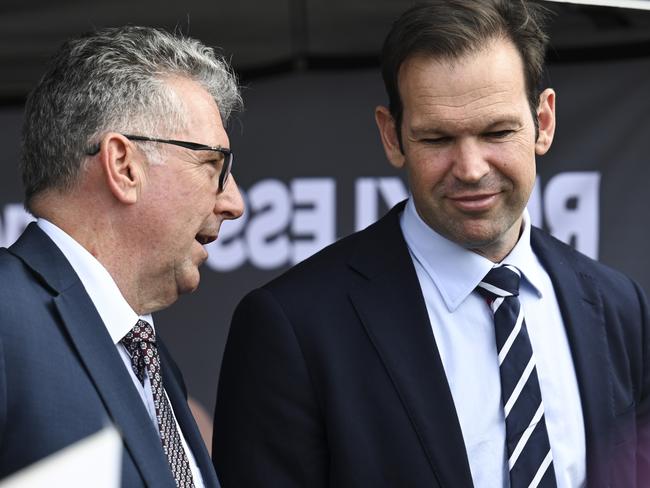
Two Nationals colleagues of retiring Queensland federal MP Keith Pitt have backed his call for the rural-based party to withdraw its support of net-zero emissions targets.
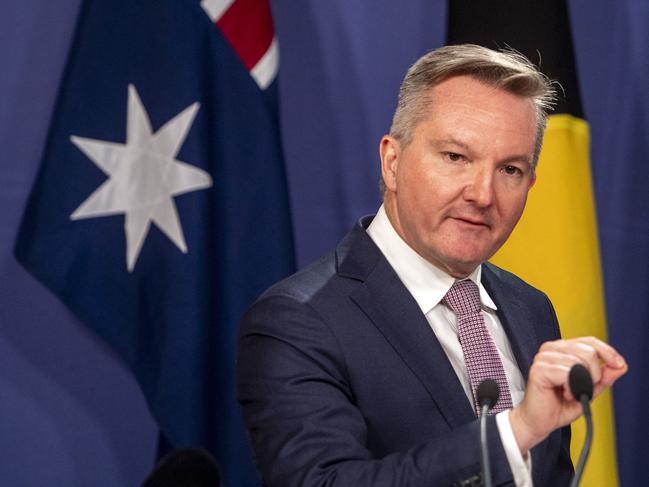
Chris Bowen has warned that the Coalition’s nuclear plan will force large industries out of Australia and blow up rooftop solar by forcing nuclear energy into the grid.
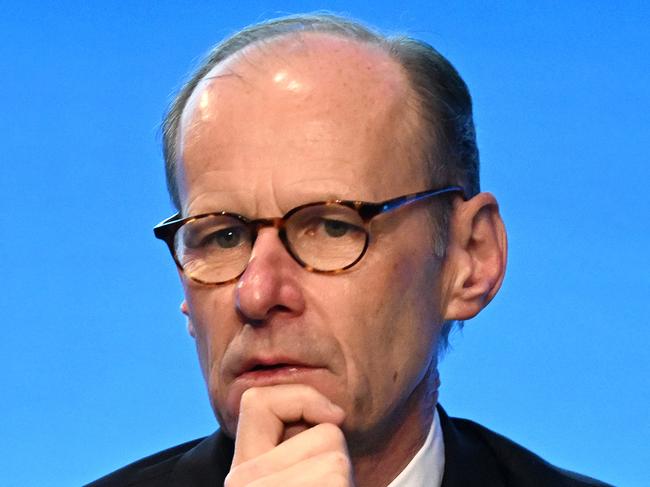
Protesters have targeted ANZ bosses over the bank’s ties to the world’s largest weapons company and its funding of major polluters.
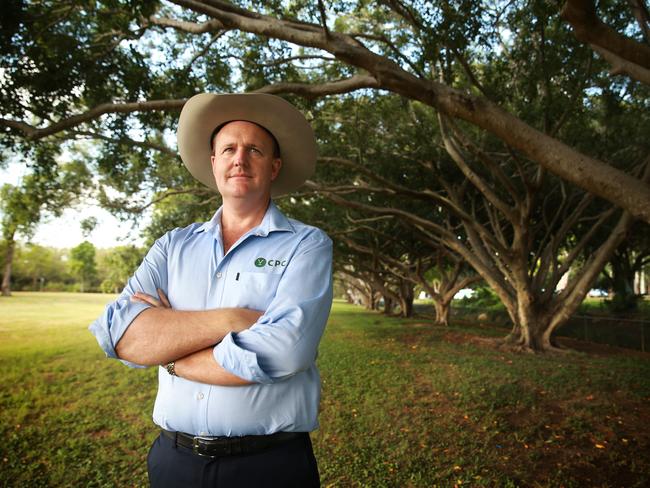
The beef industry says the federal government’s suspension of a key carbon credit method will undermine their ability to reduce emissions.
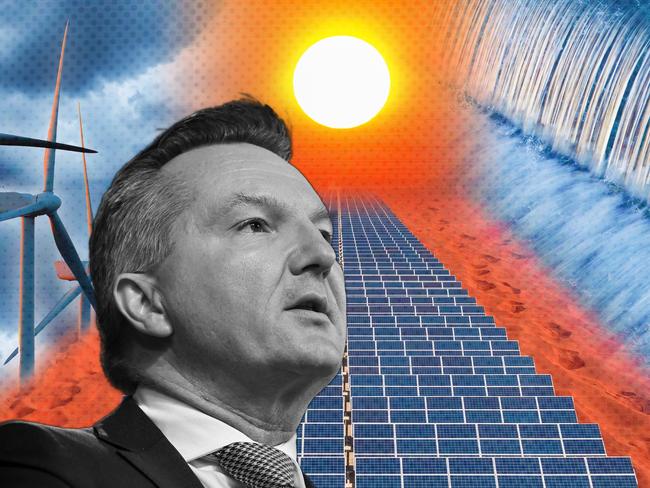
Chris Bowen demands Peter Dutton reveal which ‘vital’ transmission projects he’d scrap as Tanya Plibersek approves the $4.8bn HumeLink.
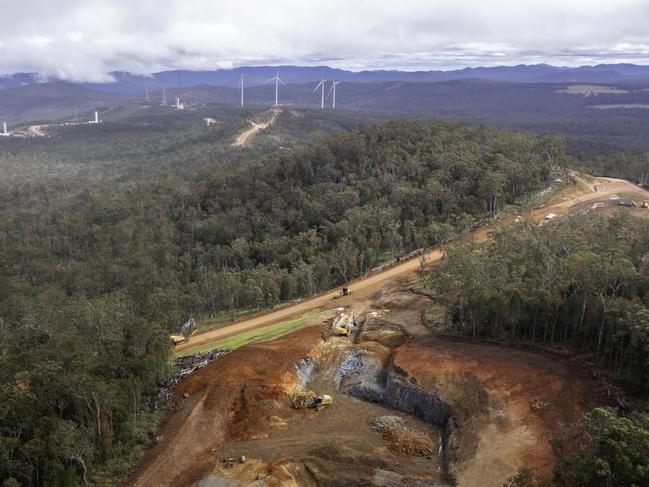
The funding will allow one of Australia’s largest renewable energy developers to accelerate developments as it targets 10GW of new capacity.

If the nuclear option is ultimately cheaper, well and good, but even if it is not we should be prepared as a nation to wear the extra cost in the interests of protecting the environment.
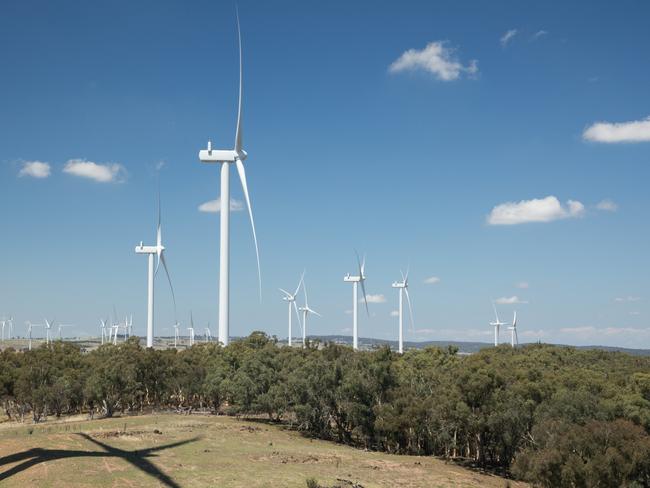
Labor hopes that by permitting new energy worker accommodation to be built, it will temper community opposition that threatens to delay large-scale wind and solar developments.
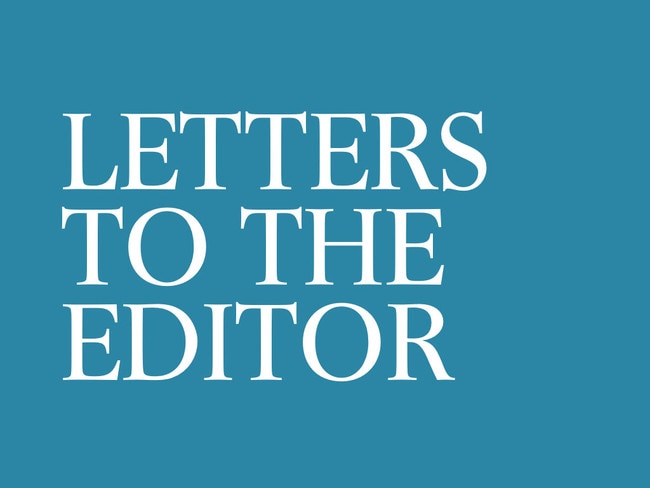
The Australian Bureau of Meteorology has steadfastly refused to consider artificial intelligence despite it showing a capacity to produce skilful location-specific rainfall forecasts.

Net-zero emissions equals negative economic growth. Where does that lead? High costs and loss of jobs.

The truth about decarbonising the energy system and economy is that the further you go, the more difficult and expensive it becomes.
Original URL: https://www.theaustralian.com.au/topics/climate-change/page/6